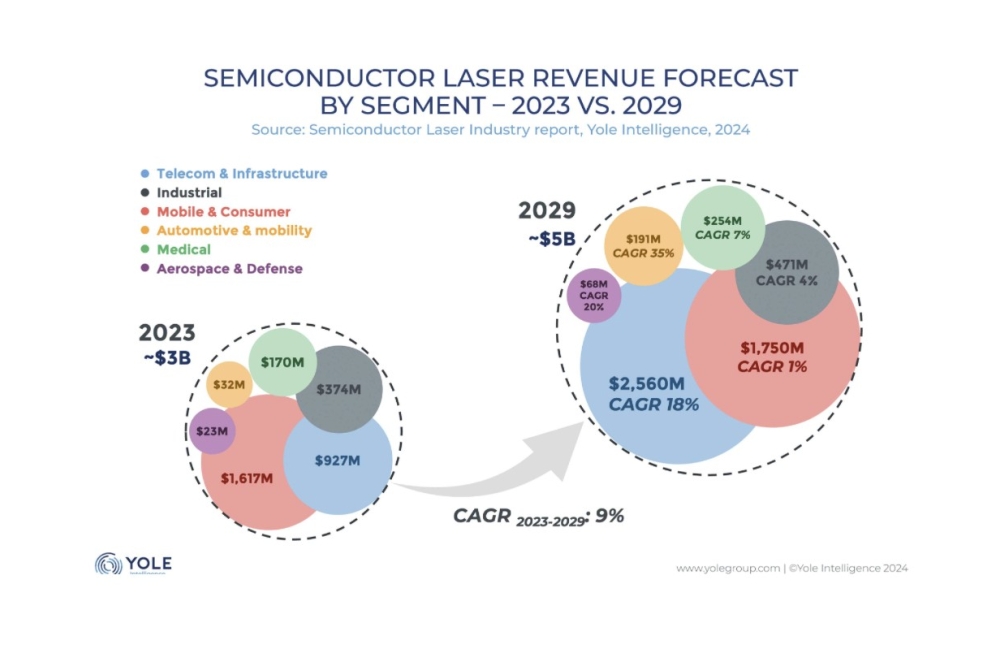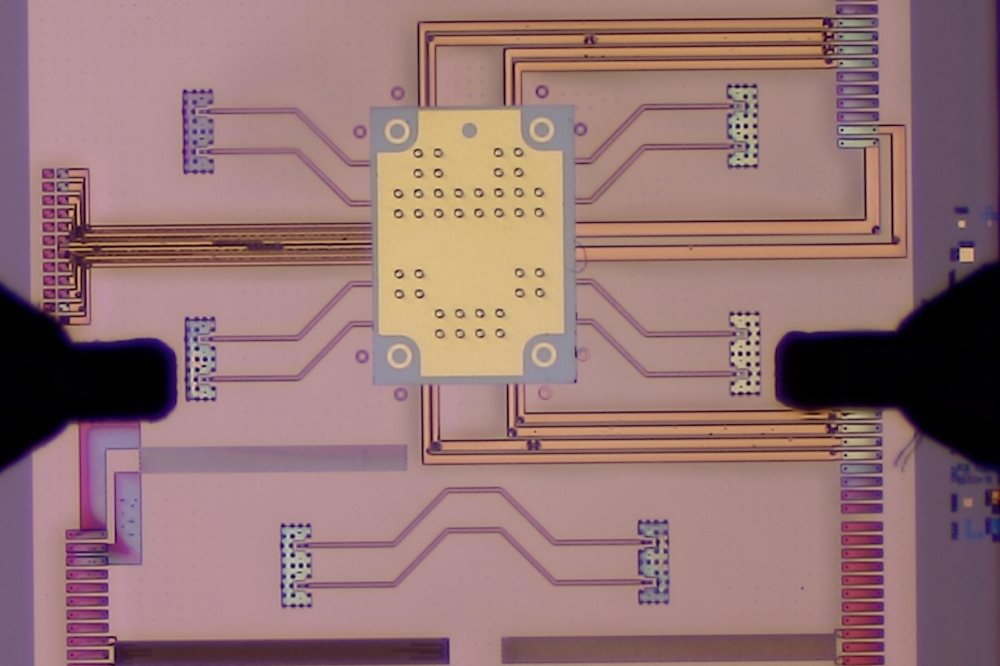Technical Insight
Agere Systems files lawsuits against component rival Multiplex (Fiber News)
Agere Systems has filed two lawsuits against Multiplex, a rival manufacturer of fiber-optic components. The first was filed in the US District Court for Delaware and alleges that Multiplex infringed four patents related to optical components and subsystems, including lasers and multiple quantum well modulators. According to Agere, the infringements relate to technology for pump lasers and for emitters used in short- and long-haul applications. Also included is technology designed to improve laser performance by reducing current leakage, and a method of improving waveguide structures. The second lawsuit, for property theft, was filed at the Superior Court of New Jersey Chancery Division and alleges Multiplex has wrongfully possessed Agere optoelectronic device wafers and other related proprietary property. Agere is seeking monetary damages for Multiplex s infringement of its patents, and recovery of its property, in addition to an injunction against further infringements. Multiplex has close links with Bell Labs, the research arm of Lucent Technologies which is also the parent company of Agere. Multiplex s CEO and president, Won Tsang, is the former head of the Semiconductor Photonics Department at Bell Labs. Tsang founded Multiplex in early 1998 together with several of his Bell Labs colleagues, including Tawee Tanbun-Ek, now VP of materials technology at Multiplex. According to the Multiplex Web site, Tanbun-Ek was "mainly responsible for the development of Lucent s major laser products, such as the 1550 nm directly modulated 2.5 Gbit/s laser and the 2.5 Gbit/s electro-absorption modulated laser." David Tzeng, VP of technology and manufacturing for photoreceivers, is also a former senior Bell Labs employee. Agere launches transceiver range Agere has upgraded its product line to include a new set of plug-in transceivers, 10 Gbit/s PIN receivers, and 2.5 Gbit/s receivers (see ). Its NetLight 2417 transceiver range is now able to accommodate a temperature span of 40 to +85C, making them suited for non-controlled telecom carrier environments, in addition to datacom applications. The R192P is the company s new 10 Gbit/s PIN receiver that forms part of a small-form-factor MSA with companies such as JDS Uniphase, Toshiba and Fujitsu. Finally, the 2.5 Gbit/s P172 APD detector also operates from 40 to +85C.































